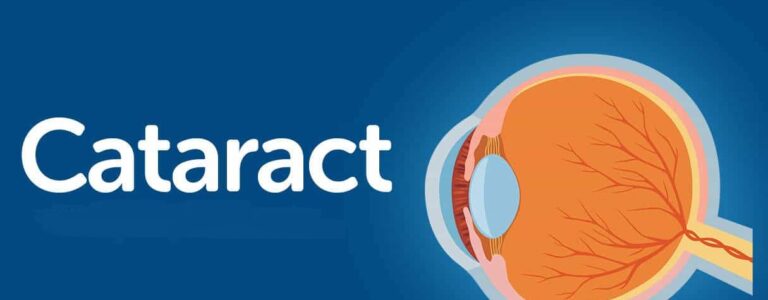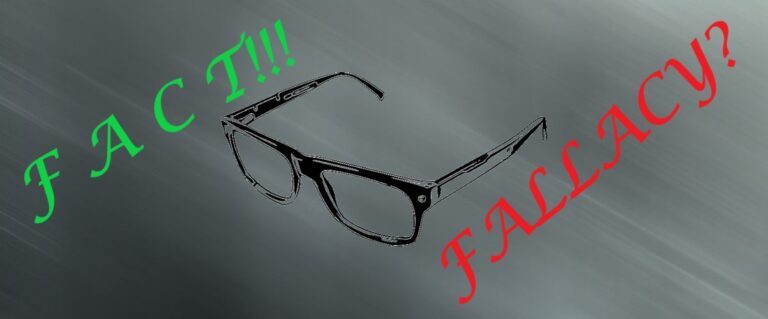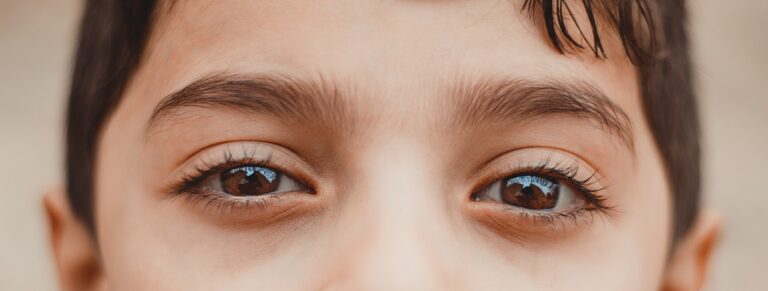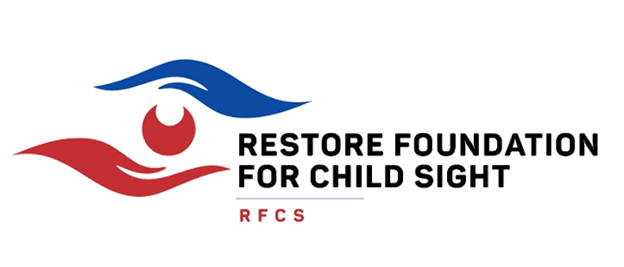
Similar Posts

Cataracts in Children
A cataract is a clouding of the natural lens of the eye, causing reduced vision and even blindness. It may be present at birth (congenital) or develop sometime in infancy, childhood or adolescence (acquired). It may affect either one or…

Nutrition for Good Sight
The eyes are living tissues and require a good diet with essential minerals and vitamins to keep it functioning properly and to resist infection. Essential micronutrients include vitamins with antioxidant activity (Vitamins A, C and E). Vitamin A is usually…

Spectacle Wear: facts and fallacies
1. Spectacles help you see better when you have a refractive error. FACT! Spectacle lenses help people who have an error of focus such as long-sightedness (called hyperopia), short-sightedness(called myopia), astigmatism (an irregular error) and presbyopia (strained reading starting around…

How Can I Tell That My Child Needs Glasses?
1 in 4 school age children have a visual disorder. The symptoms are often missed. Here are some pointers to possible refractive error needing evaluation and likely spectacle wear. Frequent blinking Watering Eye aches and/or headaches. Reading very close to…

Preventing Eye Injuries in Children
Eye injuries are the commonest cause of uniocular loss of vision. Every year, thousands of children get eye injuries requiring medical attention. Common Causes (Agents) of Eye Injury: Sharp objects including everyday objects handled regularly by children such as pencils,…

